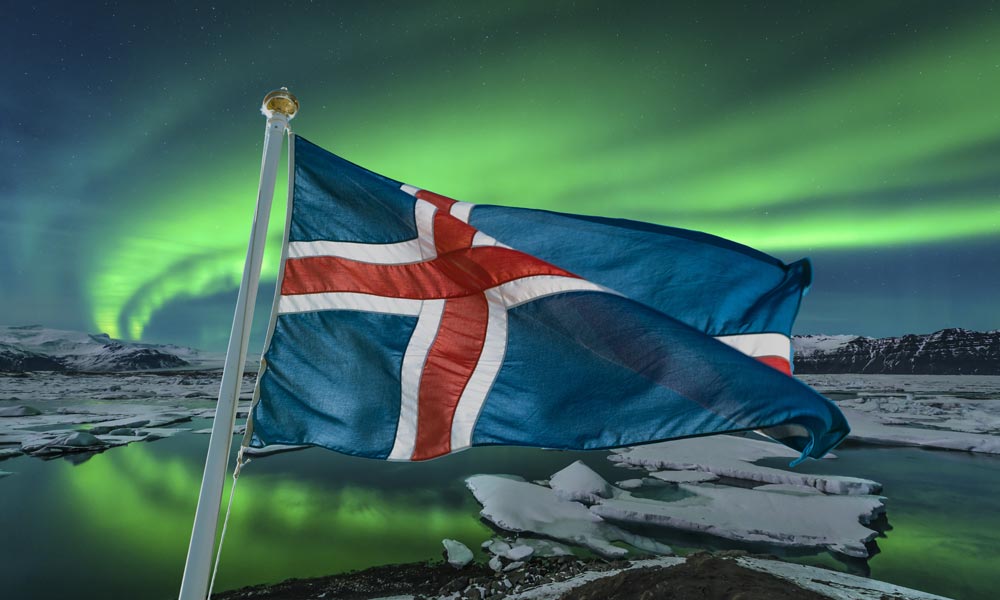
?Northern lights, breathtaking landscapes and a surprisingly temperate climate have made Iceland one of the modern wonders of the world. Perhaps what has made Iceland even more intriguing is its role in prosecuting more than two-dozen bankers for their role in the 2008 financial crisis – something unheard of in the United States or any other advanced industrialized nation.
Iceland: A Background
With a population of just 329,100 spread across an area of 103,000 square kilometres1, Iceland has sparked the imagination of people all over the world. That’s why close to a million tourists made their way to the country in 2014, an increase of nearly 24% over the past year. In fact, tourism in Iceland has increased at a double-digit rate each year since 20102.
Like other advanced industrialized countries, Iceland experienced a protracted economic slowdown in the aftermath of the 2008 subprime mortgage crisis. Iceland’s 2008-11 financial crisis saw all three of the country’s major privately-owned commercial banks default after failing to refinance their short-term debt. Given the small size of the Icelandic economy, the banking collapse was considered the largest in history3.
To say that Iceland entered into recession following the 2008 financial crisis would be an understatement. It was a full-blown depression. The country’s stock market plunged 90%, unemployment surged ninefold and inflation spiked to 18%4.
After contracting for the better part of two years, Iceland’s gross domestic product (GDP) has rebounded strongly since 20115. Unemployment has declined by nearly half and the debt-to-GDP ratio has fallen to management levels6. In 2015 the country’s finance minister announced a 39% tax on investors looking to take their money out of Icelandic banks in an effort to curb capital flight from the country just six years after imposing stringent bank laws7.
Rampant Deregulation
The rampant deregulation of Iceland’s banking system in 2001 was, in retrospect, a huge misstep. While it further bolstered Iceland’s reputation as a global financial centre, the country’s banks simply took on too much liability with insufficient equity to back it up. As the financial system began to collapse, Icelandic authorities realized that the banks had become “too big to save” (after all, the banks’ liabilities were more than 20 times bigger than Iceland’s national budget). As the banks were allowed to fail, so too was the currency. Within a few months, over 60% of bank assets were written off8.













Leave A Comment